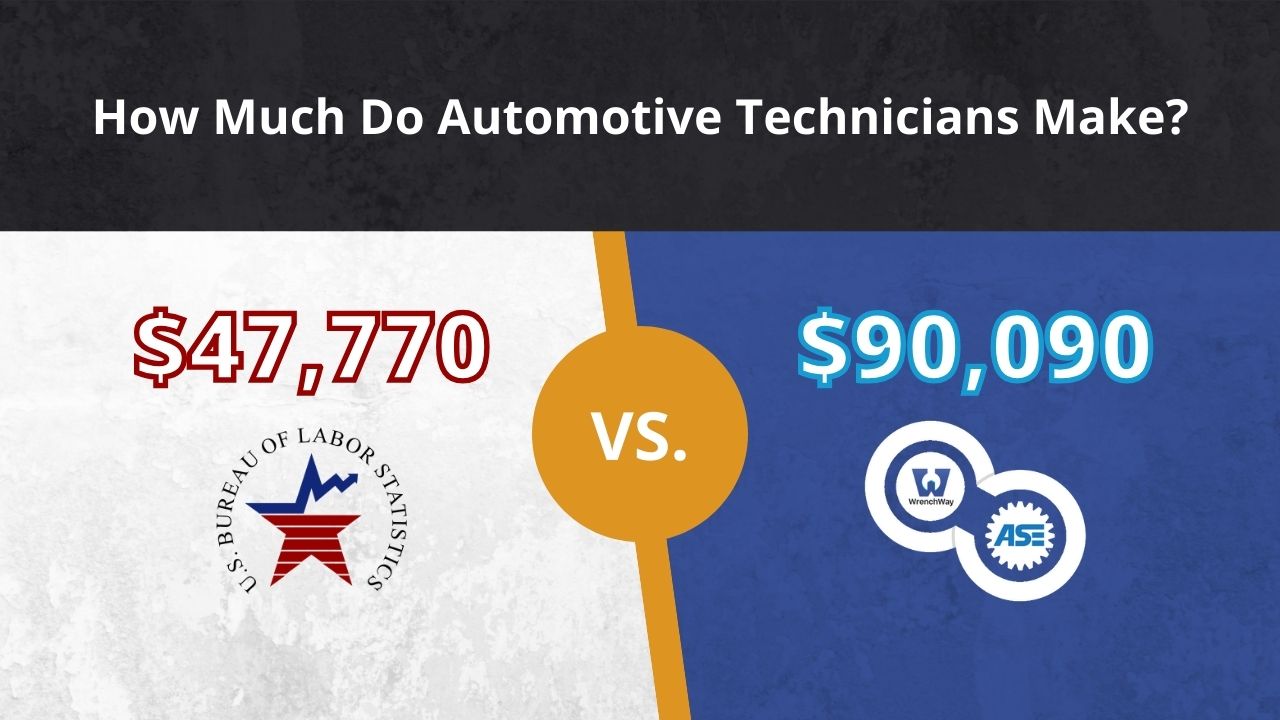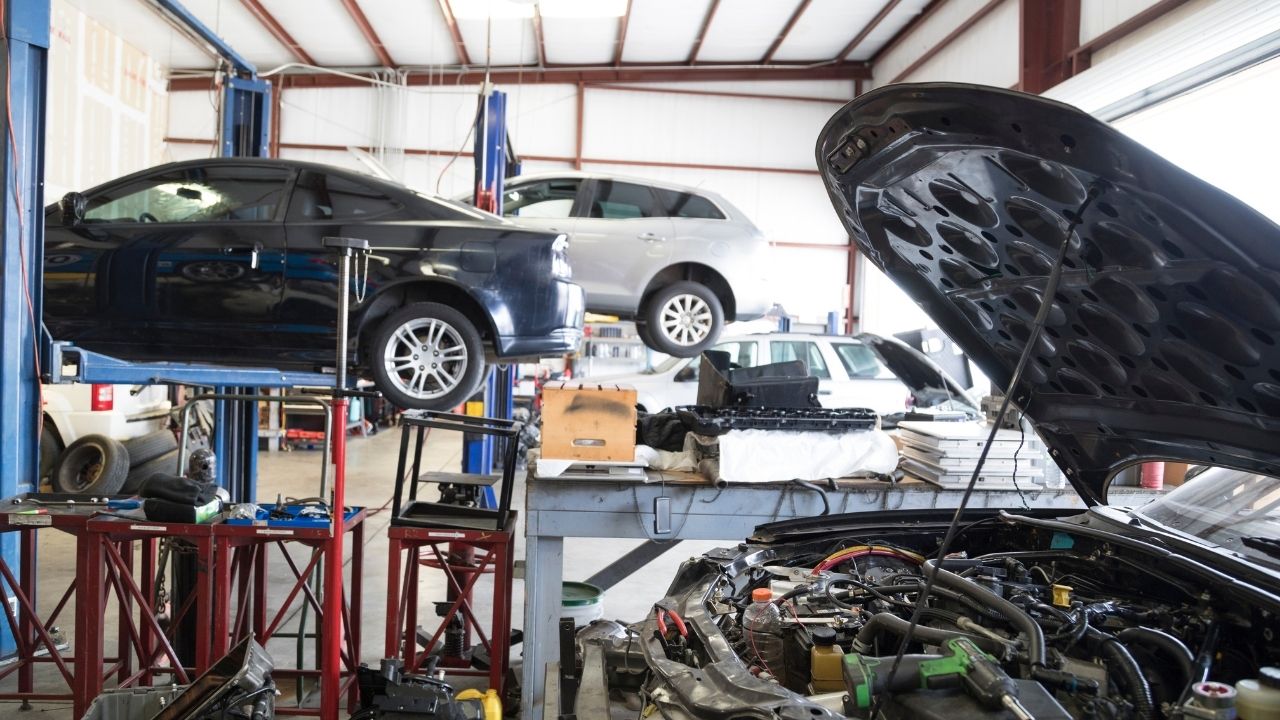When it comes to pursuing a career as an automotive or diesel technician, there’s a lot of misinformation floating around online about mechanic pay rates. A major misconception in the automotive industry is that all mechanic jobs pay similarly, regardless of experience or specialization. This oversimplification can mislead potential technicians and discourage them from pursuing a rewarding career.
In reality, if you’re thinking about becoming a mechanic, you might be surprised at the earning potential this career holds.
What’s Wrong with the Data Around Technician Pay?
The problem with technician pay data online is most of it doesn’t reflect the true earning potential of skilled technicians. Whether you’re a lube tech or a master technician, pay rates are often lumped together. This oversimplification overlooks crucial factors like education, experience, certifications, and specialized training. This misrepresentation can be a major deterrent for young people considering the profession.
In this article, we’ll explore the true earning potential for automotive and diesel technicians, clarify the differences between entry-level and highly skilled positions, and shed light on the full scope of compensation—including benefits, bonuses, and incentives—that can make a career in this industry not only rewarding but financially viable.
Factors That Influence Technician Pay
1. Location
Where a technician works plays a major role in their pay. Wages are often higher in areas with a higher cost of living, such as major metropolitan cities. Conversely, technicians in rural areas or locations with a lower cost of living may see lower wages. Additionally, demand for skilled technicians in specific regions can push pay rates up.
2. Experience and Skill Level
Experience is one of the most straightforward factors influencing technician pay. The more years of hands-on experience a technician has, the higher their earning potential tends to be. Skilled technicians who have specialized knowledge in high-demand areas (i.e., diagnostics, EV, ADAS, etc.) can also command a premium wage. Over time, technicians build their expertise and increase their value to employers, which often leads to better compensation.
3. Certifications and Training
Certifications can significantly impact a technician’s earnings as they demonstrate proof of specialized knowledge and training. For instance, technicians with certifications from recognized organizations like ASE are often paid more due to their verified expertise. Certifications also open the door to more advanced roles with higher pay opportunities within the field.
4. Type of Shop
The type of shop (i.e., fleet, dealership, mobile, etc.) a technician works for can also affect their pay. Technicians employed by larger dealer groups tend to earn more money compared to those working for small independent shops.
Comparing the Data on Technician Pay
Unfortunately, we see a lot of schools and blog articles referencing the Bureau of Labor Statistics (BLS) when talking about the earning potential of technicians. The problem with this is BLS does not break down earning potential based on the common factors listed above that affect technician pay. They also don’t take into consideration the unique pay plans often seen within the automotive industry (i.e., flat rate, hybrid, etc.) or production bonuses—both of which can significantly impact take home pay.
This is exactly why WrenchWay & ASE created an Online Technician Pay Tool which accounts for the unique factors that affect technician pay. WrenchWay & ASE’s pay tool allows technicians to explore pay rates based on location, experience, shop type, and industry. Technicians are encouraged to submit their pay anonymously through the tool and WrenchWay goes through checks and balances to make sure it’s as accurate as possible.
Automotive Technician Pay: BLS vs. WrenchWay & ASE

Help Set the Record Straight on Technician Pay
It is imperative to show young people the true earning potential of technicians if we want to combat the technician shortage and attract more people into the industry.
These are two major ways you can help:
If you’re a technician, submit your pay data anonymously using WrenchWay & ASE’s Online Pay Tool. The more data we can collect, the more accurate and helpful this tool will be to others. Submit Pay Data
If you’re a school or shop, add WrenchWay & ASE’s Technician Pay Tool to your website. You can cite our data, or embed the online pay tool on your own website.
Copy the code between the <code> </code> tags and share it with your website provided to add it to to your website. They’ll know what to do!:
<code><iframe src=”https://wrenchway.com/pay/embed” width=”100%” height=”767″ frameborder=”0″></iframe></code>





